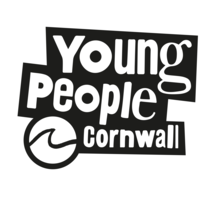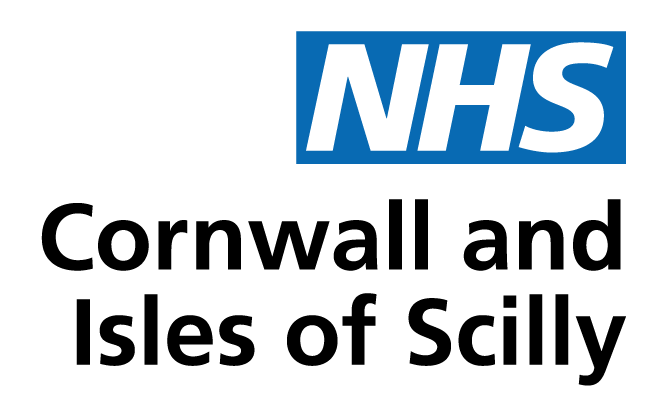What is Autism?
Autism Spectrum Disorder (ASD) is a lifelong, neurodevelopmental condition which affects how people see the world and interact with others. It first appears when people are very young, often from birth.
Being Autistic doesn’t mean you have an illness or disease it just means your brain works differently. Because it’s not an illness or disease it cannot be cured so those with Autism will have it for their whole lives.
Autism is a spectrum condition, meaning every Autistic person is different. Some may need little or no support where as others may need help from a parent or carer every day. Some may also have other conditions such as Attention Deficit Hyperactivity Disorder (ADHD), Dyslexia, Anxiety, Depression or Epilepsy. Whilst each Autistic person’s brain works differently, they will have common struggles such as difficulties with social communication, social interaction and behaviour that will affect their everyday life.
Although Autism is medically known as Autism Spectrum Disorder (ASD) it is also referred to as:
- Autism Spectrum Condition (ASC) – used instead of ASD by some people
- Asperger’s / Asperger Syndrome – used by some people to describe autistic people with average or above average intelligence
For more info: https://www.autism.org.uk/
What causes autism?
It can affect people in the same family so it may have a genetic link but the actual cause for Autism isn’t known.
What we do know is that Autism is not caused by:
- Bad parenting
- Vaccines – such as the MMR vaccine
- Diet
- An infection – you can’t spread it to other people


